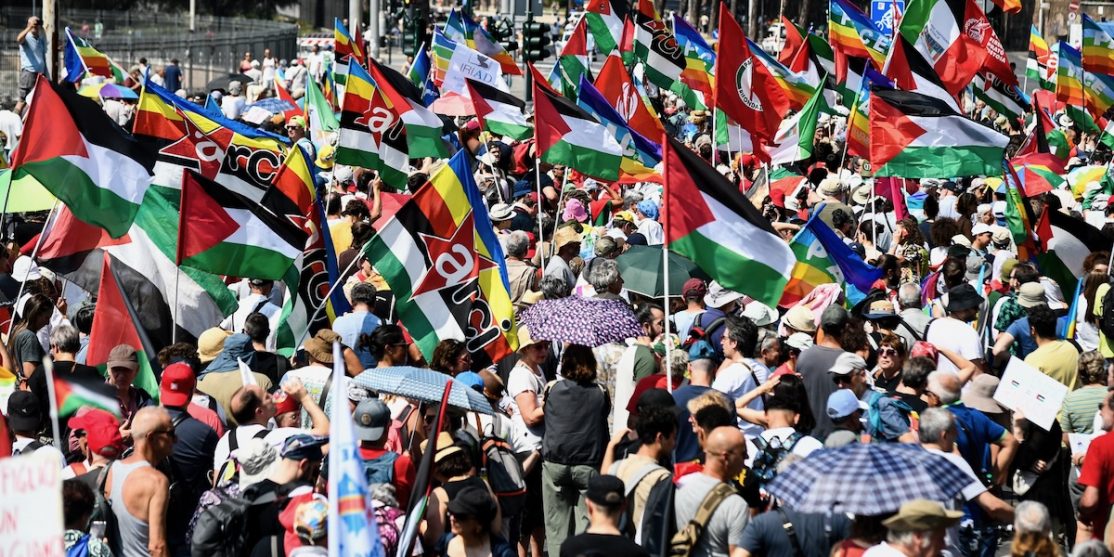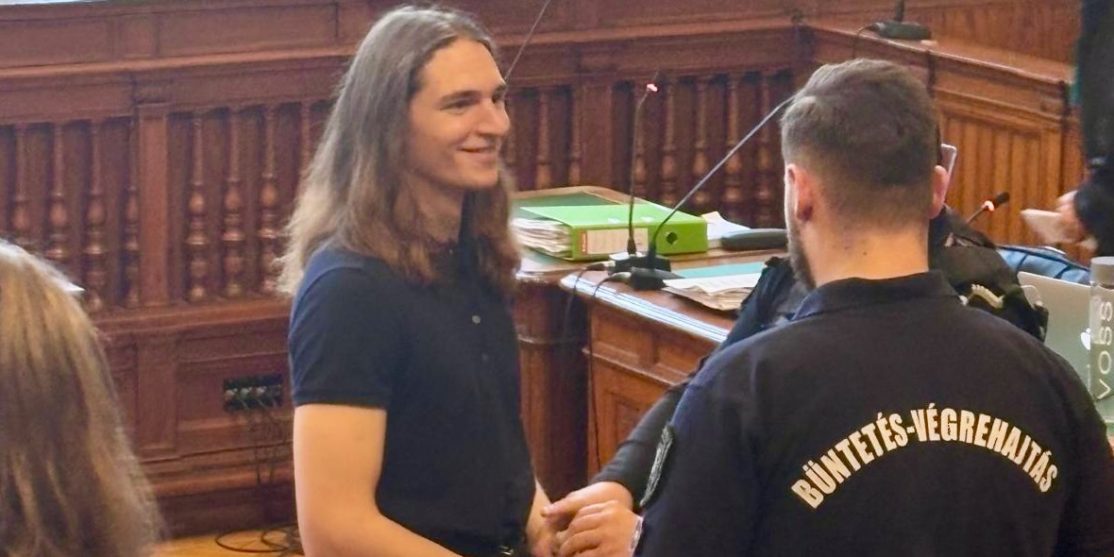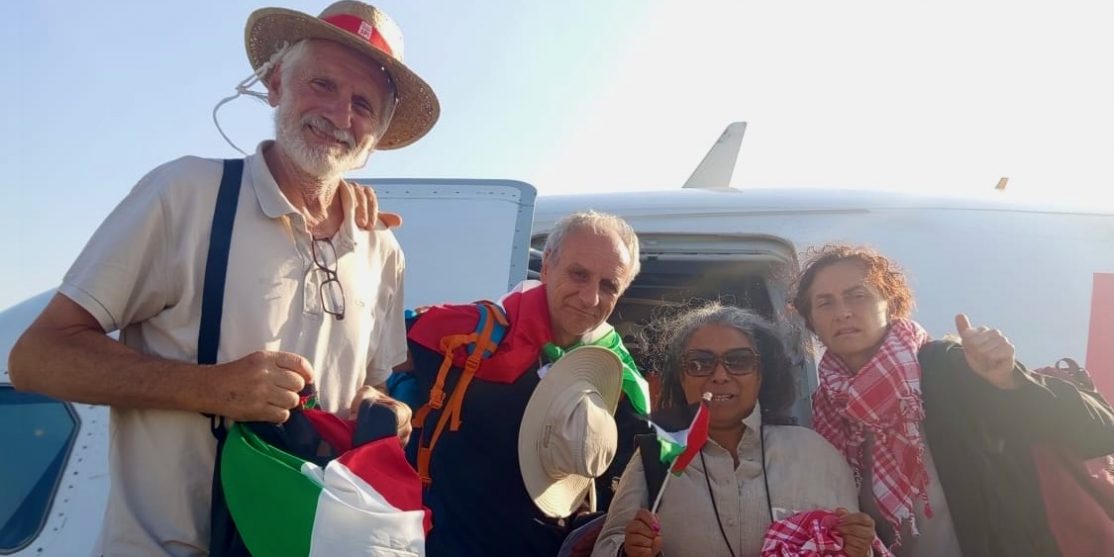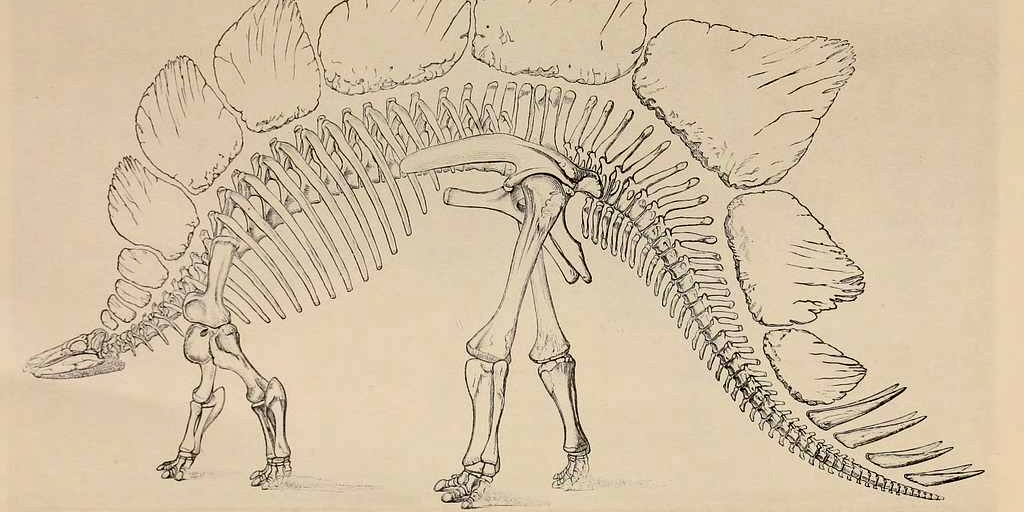EUROPA
AGORA99 Rome – Day 1 – Drawing the route
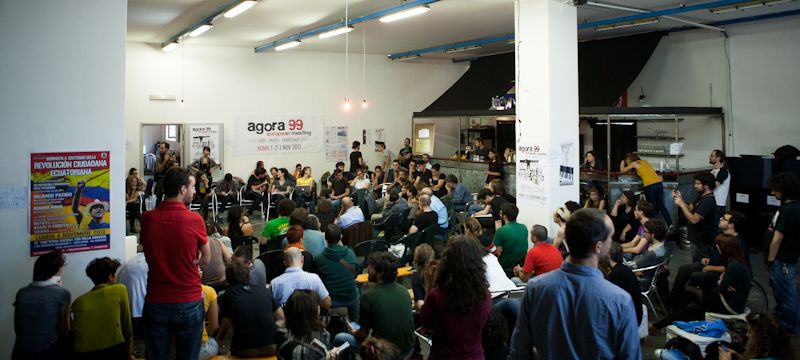
So it begins! Agora99 arrives in Rome a year after the first edition in Madrid. After months of discussions, preparation ,meetings, European mumbles, close relationships, knotted or reconnected strings, more than two hundred people from Spain, Poland, Greece, Turkey, Germany, the UK, Portugal, the Netherlands, Austria, Sweden, Bulgaria, Romania, Turkey and delegations from all over Italy: the bet on participation and sharing is won.
The first introductory meeting takes place in the occupied space Communia: the program of the three-day Euro-Mediterranean meeting is presented and the information point continues to organize the reception, solving last minute problems. Shortly after, another autonomous space of San Lorenzo, ESC Atelier, hosts the first moment of the circular and collective debate, to share different perspectives on that unstable category that we, roughly, call Europe. What is at stake is the very possibility, for movements, to “create a language capable of translating local practices on a level that exceeds the subjective and spatial boundaries, imposed by the austerity government “.
A dense discussion, in which dozens of interventions continue for over three hours. Now is not the time, still at the beginning of the meeting, in which to synthesize or coerce the discussion in a short text. We would prefer to write down some initial notes, traces of an indefinite route, coordinates of a path that doesn’t allow any particular outcome or rigid agenda, but that poses many questions and persistently maintains this process of transnational organization open.
Among the many issues raised during the first roundtable, called “Which common struggles in Europe? “, some reemerged among the many participants: in what space do the current movements lie? Which Europe do the many collectives that fuel resistance against the policies of austerity in a widespread way, although not in an in tune temporality, live?
Shared questions, that live beyond an exclusively theoretical debate, but that are informed by the materiality of conflicts. A European area of action and common perception is felt as an urgency that can be no longer put off: the politics of austerity devastate our lives, between memoranda and stability laws; the very existence of a “productive sector of the annuity gives us the image of how solidarity has changed to competition and the collective to individualism; the blackmail of debt and of precariousness restlessly and with increasing ferocity dismantles the public services.
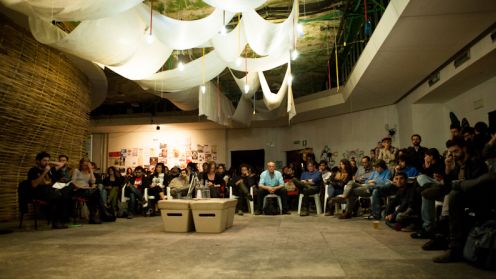
In this scenario we can only say: “Europe is a time bomb ready to explode”. This is the minimum starting point which imposes the necessity to think a European space of movements: their “conjunction is the frame necessary to exit the opposition between political blocs”, the asymmetry between European movements is the great challenge to “create coalitions among those places that, in southern Europe, are most affected by the crisis”.
How to create processes that are not only destituent towards the European institutions of the coin and of the austerity, able to draw a common space of action? What does “to build a constitutional process in places like Germany,” the heart of the beast in the crisis, mean? Within German society lines of segmentation multiply, such as the “precarization and flexibilisation of labor, or the new barriers to access imposed to citizens who find themselves in a situation of unemployment”.
“To change one’s skin ” is an inescapable prerogative to fuel “common notions that can only come from struggles”. The “constituent capacity of movements has to be rooted in many places: from the metropolitan areas freed from speculation up to agricultural cooperatives”, but also to understand what relationship is possible with historically organized structures such as trade unions, always bearing in mind that in the definition of alliances between different subjects there is always the “risk of infiltration of the institutions and the institutionalization of movements.”
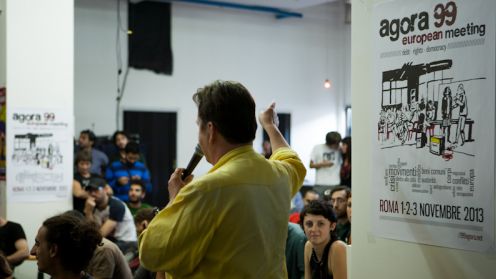
So, what are the tools for joint research that, beyond different temporality and languages, find a echoe beyond nationality? This challenge seems to us already started and the workshop on the network, democracy and tecnopolitics ( which was held in the evening at the Nuovo Cinema Palazzo) has provided us with important tools to ” make an across-the-board network, made up of distributive relations that take their path from the emotions of the subjects”. Starting from the elaboration on the network by the Spanish movements in the experience of 15M, we asked ourselves how the web and social networks can be a battleground of digital guerrilla in a space that is neither neutral nor flat, but where one has to equip oneself to fight as a “legions” imposing “a techno-logically structured contamination”. A network made of bodies and communities that move in the binary code as in the streets.
The first assembly moments of Agora99 in Rome, all but narrative, are a moment to design, they returned the complexity of the debate and the level of the challenge, a real meeting, not of a political cartel or of a limited network, but an open process in its construction and in the intention of thinking a new “method” of elaboration and collective decision that is fully transnational.

